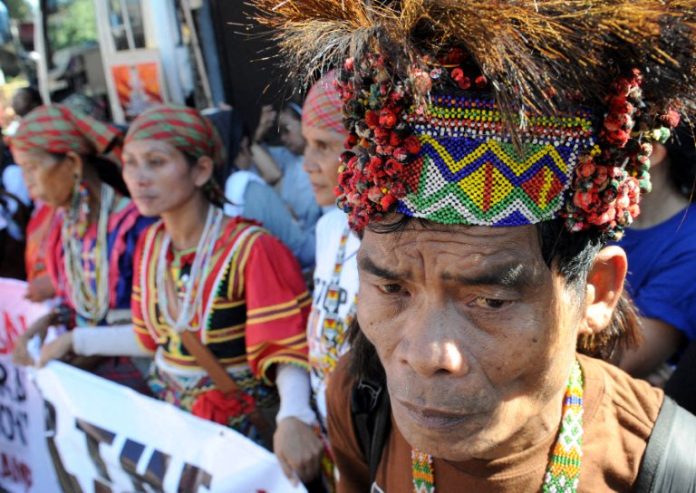During a public consultation in Manila on the proposed Indigenous Peoples and Development Act (Bill 273), experts in human rights and governance warned that the bill could conflict with the Philippines’ Constitution and the Indigenous Peoples Rights Act (IPRA).
“We are facing a clash of frameworks that disrupts the resolution of key issues such as identity and ancestral domain,” said Atty. Benedicto Bacani, Executive Director of the Institute of Autonomy and Governance (IAG).
According to the lawyer, the conflict arises from the stance of the Moro Islamic Liberation Front on a single ancestral domain versus the national government’s recognition of specific domains for different Indigenous groups as mandated by IPRA.
Citing a Supreme Court decision, he said, “The Memorandum of Agreement on Ancestral Domain (MOA-AD) makes it clear that rights on ancestral domains cannot be conferred through an agreement or a subordinate law. Such laws must align with national laws.”
Lawyer Rolly Francis Peoro of the Legal Rights and Natural Resources Center (LRC) identified critical issues with Bill 273.
“The bill fails to recognize the distinct identity of Non-Moro Indigenous Peoples (NMIPs). Additionally, its focus on development alone neglects the purpose of an IP Code, which is to recognize the collective rights of Indigenous peoples,” he said.
In a statement, Indigenous political groups including Gempe te Kelindaan ne Kamal te Erumanen ne Menuvu, Mënubù Dulangan Tribal Justice and Self-Governance, and Timuay Justice and Governance expressed concerns “about the future of our ancestral domains and collective rights if the Bangsamoro Transition Authority (BTA) passes Bill 273.”
Representatives from the University of the Philippines Law Center and the United Nations High Commissioner for Refugees (UNHCR) also expressed concerns about the reduction of NMIP rights under the proposed code.
“Although there are elements of IPRA in the bill, we cannot overlook the serious concerns regarding NMIP rights,” said Victoria Tauli-Corpuz, former United Nations Special Rapporteur on the Rights of Indigenous Peoples.









